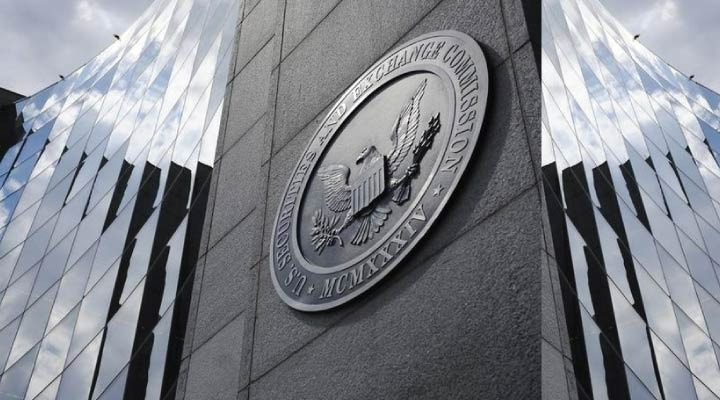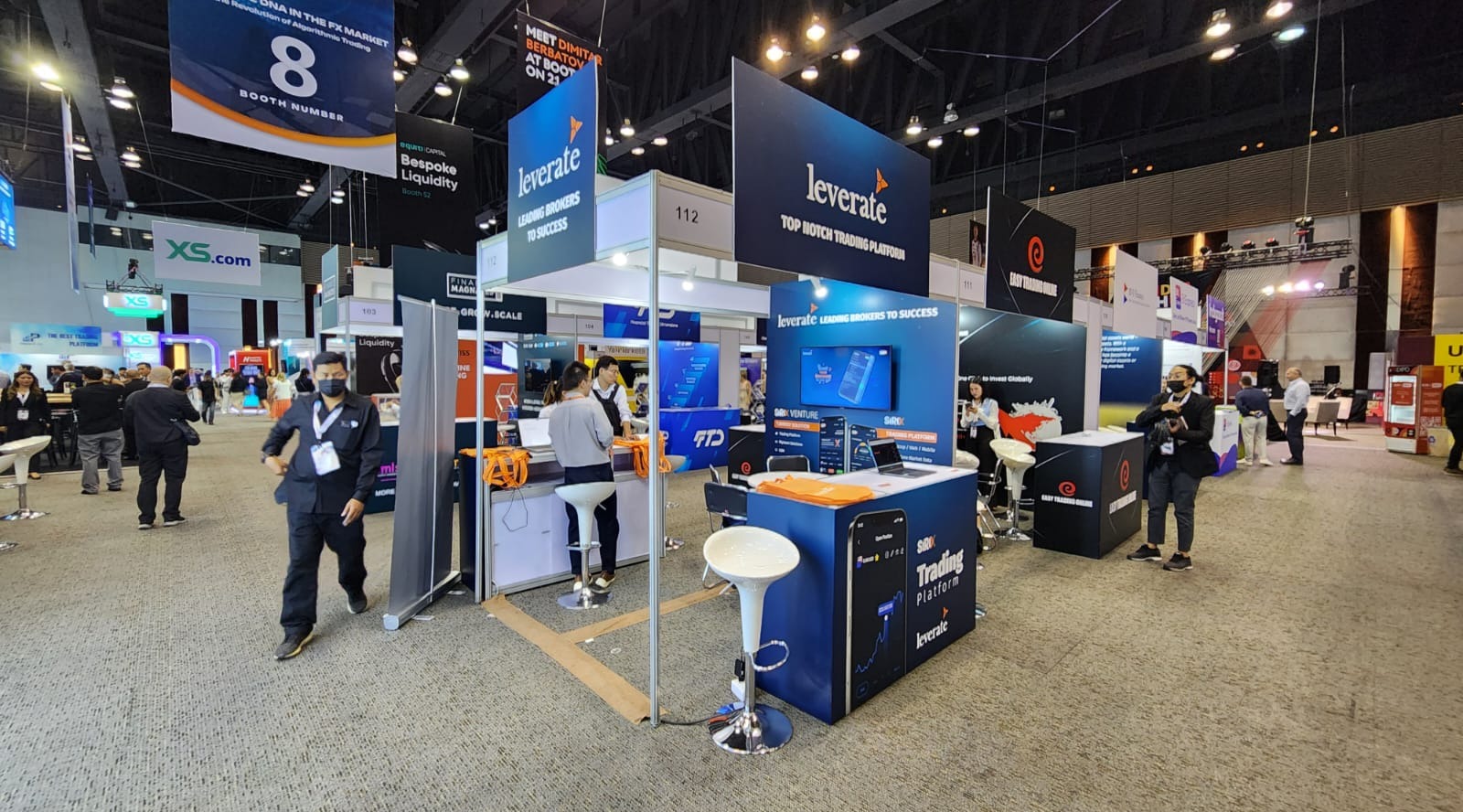The United States Securities and Exchange Commission (SEC ) announced on Wednesday that it had charged Thor Technologies, Inc. and its co-founders with conducting an unregistered sale of securities in the form of an initial coin offering (ICO).
SEC Takes Aim at ICO, Thor Technologies
According to the regulator's complaint published yesterday, David Chin and Matthew Moravec offered and sold a cryptocurrency named Thor (THOR) between March and May 2018. The purpose of the ICO was to raise funds to develop a platform for companies and workers in the 'gig' economy.
Chin promoted the tokens as an investment opportunity and suggested a potential increase in value once THOR hits popular exchanges and trading platforms. However, according to the SEC, no development work was underway at the time of the offering.
Thor Technologies have raised $2.6 million in cryptocurrencies and cash from 1,600 investors without having the proper licenses and authorizations issued by the SEC. The Commission filed an indictment in the U.S. District Court for the Northern District of California, suggesting that the company and Chin violated the securities registration provisions of the Securities Act of 1933.
"The SEC seeks injunctive relief, the return of allegedly ill-gotten gains plus prejudgment interest, and civil penalties," the Commission stated.
Moravec has heard similar charges but has already decided to settle. Under the settlement , he cannot engage in cryptocurrency activities for three years, must pay a fine of $95,000 and disgorge $407,103 plus prejudgment interest of $72,209.45.
ICO Industry Pays For Past Sins, Thor Token in Crosshairs
The ICO industry experienced a real boom in 2017-2018 with the rise in cryptocurrency demand. However, when the crypto winter arrived, the popularity of funding projects by issuing new digital tokens fell to zero.
During the ICO craze, the SEC warned of the risks associated with ICOs, suggesting that many offerings resembled securities, for which appropriate authorizations are necessary. Moreover, some of them bore the hallmarks of potential fraud. Although years have passed, rogue ICO promoters are still paying for their past sins.
In July, the U.S. Department of Justice announced that the Founder of the $21 million ICO scam of Titanium Blockchain Infrastructure Services pled guilty to his crime. He is facing up to 20 years in prison for his offences and defrauding investors.
Earlier this year, the SEC convicted the owner of Crowd Machine and Metavine for fraudulently raising $40.7 million via ICO. According to the regulator, he presented false and inaccurate information for an unregistered offering.
ICO industry data shows the brutal truth: only 25% of projects met their goals, the average ICO did not survive more than two months, and 70% of all ideas turned out to be scams.


















